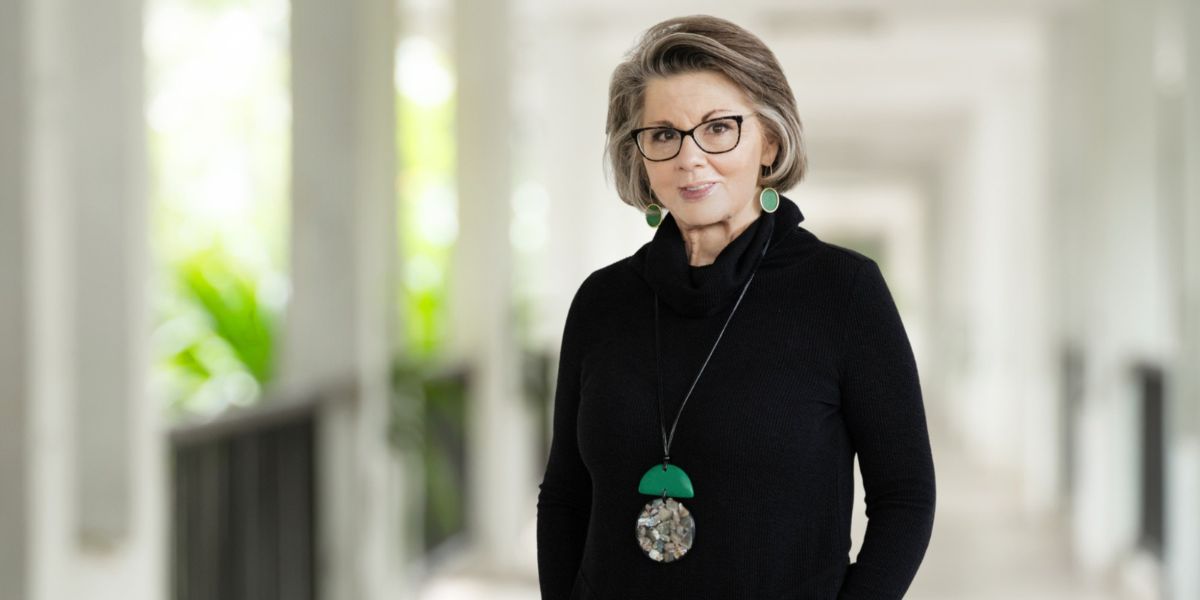By: Travis Hutton
Bio: Mark Elbadramany is an accomplished entrepreneur, investor, and social entrepreneur based in Miami, Florida. As a partner at Legacy Ventures, Mark plays a pivotal role in sourcing, evaluating, executing, and managing investments, with a strong focus on supporting growth initiatives alongside fellow entrepreneurs and operators. His influence extends across various industries through his positions on the boards of Hardcore Parts, PRO-Techs, and Tin Roof Software and his advisory role at American Flamecoat. Recently, Mark also took on a new board position with the Florida International University Honors College Alumni Community Board (ACB), showcasing his dedication to education and community engagement.
Mark has been driven by a commitment to ethical leadership, community empowerment, and fostering lasting social impact throughout his career. His work reflects a deep belief that business success and social good are compatible and essential to building a sustainable legacy. Mark’s approach to social entrepreneurship is as strategic as his business investments, focusing on initiatives that empower underserved communities and drive systemic change. When he’s not working, Mark enjoys spending time with his family, kitesurfing, and exploring new cultures through travel.
What drives your passion for both business and social entrepreneurship and how do they complement each other?
Mark: For me, business and social entrepreneurship are two sides of the same coin. In business, I’m driven by the challenge of building something sustainable, whether it’s a company or an investment portfolio. But I’ve always believed that the success you achieve in business should serve a higher purpose. Social entrepreneurship allows me to apply the same strategic thinking and problem-solving skills to issues that matter—like education, social equity, and community empowerment. The two areas complement each other because they both allow me to focus on long-term impact. Business teaches me how to maximize resources, and social entrepreneurship lets me use those resources to drive meaningful change.
You recently took on a new board position at the Florida International University Honors College Alumni Community Board (ACB). What does this role mean to you?
Mark: Serving on the Florida International University Honors College Alumni Community Board is particularly special for me because FIU is where my journey began. It’s more than just a homecoming—it’s an opportunity to give back to the institution that shaped my early career. Education is the foundation for so much of what I’ve been able to achieve, and I’m passionate about creating opportunities for the next generation of leaders. The ACB allows me to help guide and mentor young professionals, ensuring they have access to the resources, networks, and support that will help them succeed. It’s about investing in the future and making sure that the door stays open for those who come after us.
What role does ethical leadership play in your business decisions, especially in high-stakes industries?
Mark: Ethical leadership isn’t optional; it’s a cornerstone of how I operate. In high-stakes industries, where competition is fierce, and the pressure to perform can lead to shortcuts, staying grounded in your values is more important than ever. For me, ethical leadership means leading with integrity, even when it’s difficult. That could be something as simple as being transparent with stakeholders or as challenging as turning down a profitable opportunity because it doesn’t align with our principles. I believe that doing business ethically doesn’t just protect your reputation—it creates a foundation of trust that leads to more sustainable, long-term success. I’ve seen firsthand that when you prioritize ethics, you build stronger teams, attract better partners, and ultimately achieve more lasting results.
What’s one challenge in your career that significantly shaped your leadership style?
Mark: Losing my father at a young age was a pivotal moment that shaped both my personal and professional journey. Being thrust into the role of financial provider for my family taught me resilience and responsibility very early on. It was a challenge that forced me to prioritize, manage time effectively, and make decisions that would have a lasting impact. Professionally, it instilled in me the importance of balancing short-term pressures with long-term vision. That experience influenced my leadership style by making me more empathetic and grounded. I lead with the understanding that everyone on my team is facing their own challenges, and I try to create an environment where people feel supported, empowered, and able to grow.
What advice would you give to aspiring entrepreneurs who are looking to build a career that balances both profit and purpose?
Mark: I’d say the key is to start with a clear understanding of your values and let them guide every decision you make. It’s easy to get caught up in the pursuit of profit, especially early in your career, but if you don’t have a strong foundation of purpose, you’ll find it difficult to stay motivated in the long run. Find an area where your passion intersects with a real-world need—whether that’s through a product, service, or social initiative. Then, build your business around that. Profit and purpose aren’t mutually exclusive; in fact, businesses that are purpose-driven often perform better because they attract loyal customers, committed employees, and like-minded partners. Always ask yourself, “What kind of legacy do I want to leave behind?”
How has your approach to social entrepreneurship evolved as your career has progressed?
Mark: When I started, my social entrepreneurship efforts focused more on giving back financially. But as my career has evolved, I’ve come to realize that the most valuable contribution I can make is my time, my network, and my expertise. Donating money is important, but getting directly involved—whether it’s through mentorship, serving on boards, or advocating for policy changes—has a much deeper impact. I’ve also become more strategic in my giving. Rather than spreading resources across multiple causes, I focus on initiatives that align with my values and where I know I can make a measurable difference. It’s about being intentional and ensuring that every dollar, hour, and relationship is used to create real, lasting change.
Looking ahead, how do you envision success in the next chapter of your career?
Mark: I see the next chapter of my career focusing more on legacy—what I can leave behind that will outlast me. Whether it’s through the companies I help build or the communities I support, I want to continue making an impact that benefits others. Success will look less like hitting financial milestones and more like creating systems and structures that empower people long after I’m gone. I’m also excited to see how my role as a mentor evolves. I think the greatest measure of success is seeing the people I’ve worked with go on to achieve incredible things on their own. That’s how I know I’ve done my job well.
Published by: Holy Minoza









